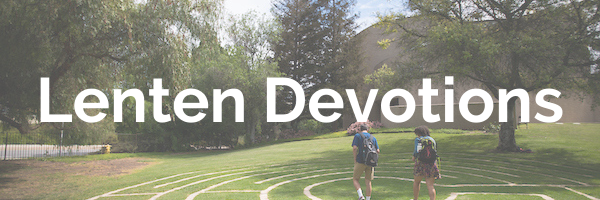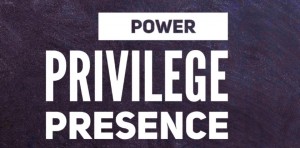In April 2015, Pope Francis gave a homily in St. Peter’s Basilica for Chrism Mass centered on three particular forms of weariness that can affect priests. Weary is such a weighty word. Tish Harrison Warren wrote, “It brings to mind heavy eyelids and aching joints, the worn out faces of those who have borne too much. To be truly weary is a state of both body and soul.” She goes on to say that, “We know the difference between the kind of gratifying tiredness that comes after a good day’s work and the burden of weariness, when the hardness of life settles on us thick and leaden. The book of Ecclesiastes names the latter the “weariness of the flesh” (Ecclesiastes 12:12). It comes with desolation, anxiety, and the deep sigh of despair.” Weariness when it cuts us to the core, reveals our truest, most fragile selves. And of course many of us are familiar with the idea that rest is for the weary, but what is rest? And how does this idea connect to the theme of power, privilege and presence?
The struggle to be seen, to be heard, and to gain a sense of belonging is constant for so many of us. And, at times, I become weary – siento agotada. Maybe you feel this too? Let’s turn for a moment to the Pope’s interpretation of this concept.
First, he talked about the weariness of the crowd, which he described as, “a good and healthy tiredness,” which is “the exhaustion of the priest who wears the smell of the sheep… but also smiles the smile of a father rejoicing in his children or grandchildren.” Certainly, I am not a priest, and yet this message of weariness speaks to me. As a university community, we tend to work in crowds – crowds of faculty, staff, and students, especially now that just about every meeting, class, and discussion is taking place on online platforms like zoom. We are constantly performing for the crowd. I don’t mean this in a pejorative way, just noting a reality that many of us feel that contributes to our sense of tiredness, cansansio.
The Pope goes on to discuss the weariness of enemies. In this context, I would like to talk about apathy, lack of understanding, and lack of motivation to understand as enemies of social justice. A particular danger, since, “The evil one is far more astute than we are, and he is able to demolish in a moment what it took us years of patience to build up, so that priests must take heart in the words of the Lord, “Have courage! I have overcome the world! (Jn. 16:33)”. Hay veces que siento aplastada bajo del peso de estos enemigos.
Then finally there is the weariness of oneself, he said, which arises when one loses sight of the truth that her work is – first and last – a labour of love, for which Pope Francis counsels, “Only love gives true rest.” But in this case, I do this work – the work to have voice and power – because I love myself, my family and my community. I don’t think any of us could have predicted in 2015 the level of weariness, of bone tired, of spiritual and emotional drain that many of us feel in 2021. But, for me, there is a lesson in the homily for our collective present.
We need to give each other the gift of acknowledging each others’ weariness, educate ourselves about each others’ struggles, and pursue the enemies of apathy, lack of understanding, and lack of motivation to understand as enemies of social justice. Be your own scorekeeper – are you living into your values? Have you put in the time and effort to move beyond hashtags and likes to substantive engagement? Only by putting in this work can we provide descanso y recuperación– true rest from weariness – to others batallando por power, privilege, and presence. When we rest, when we are restored, we can do our best, most powerful work.
- Dr. Jessica Lavariega Monforti
Dean of the College of Arts and Sciences


